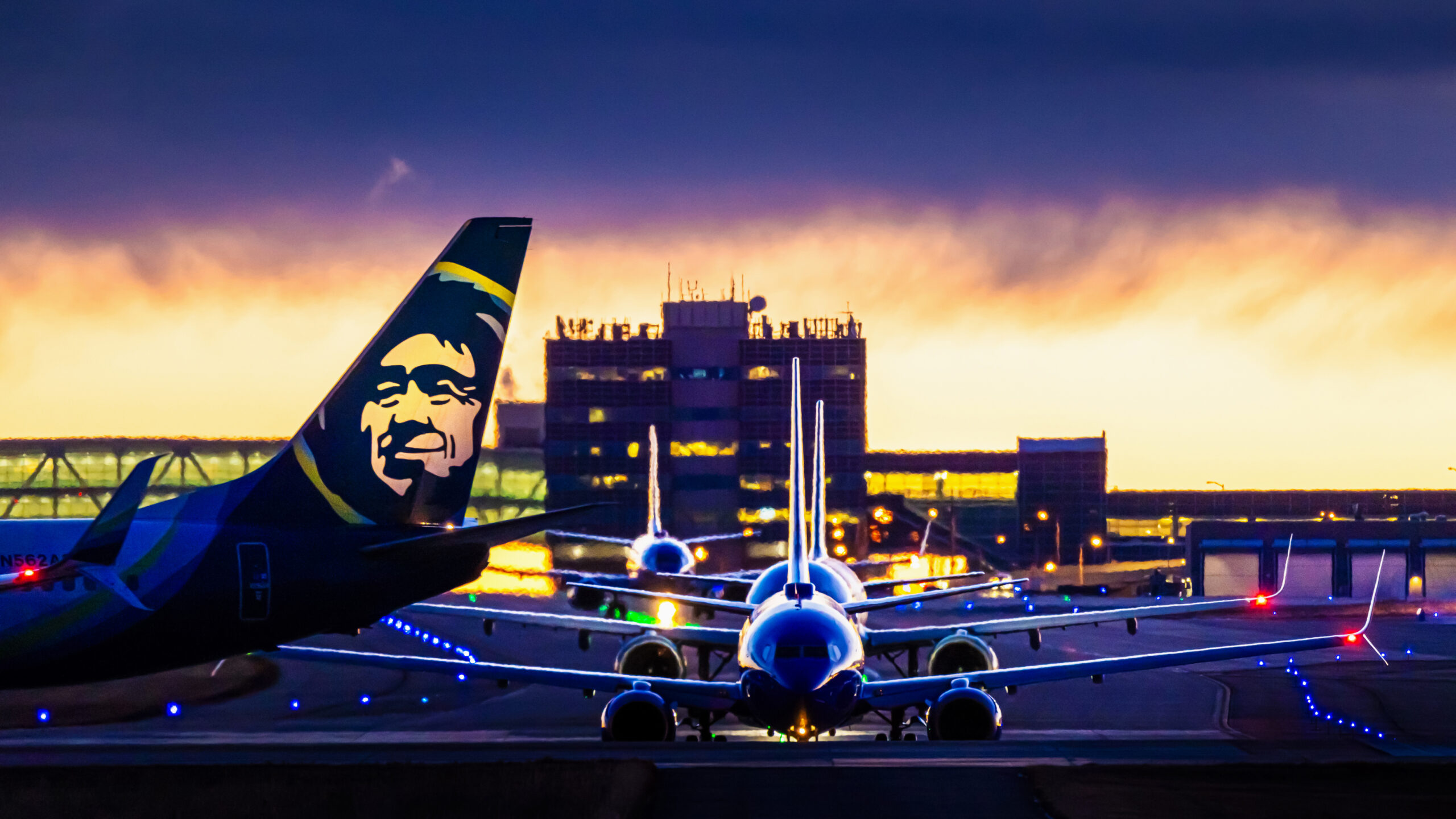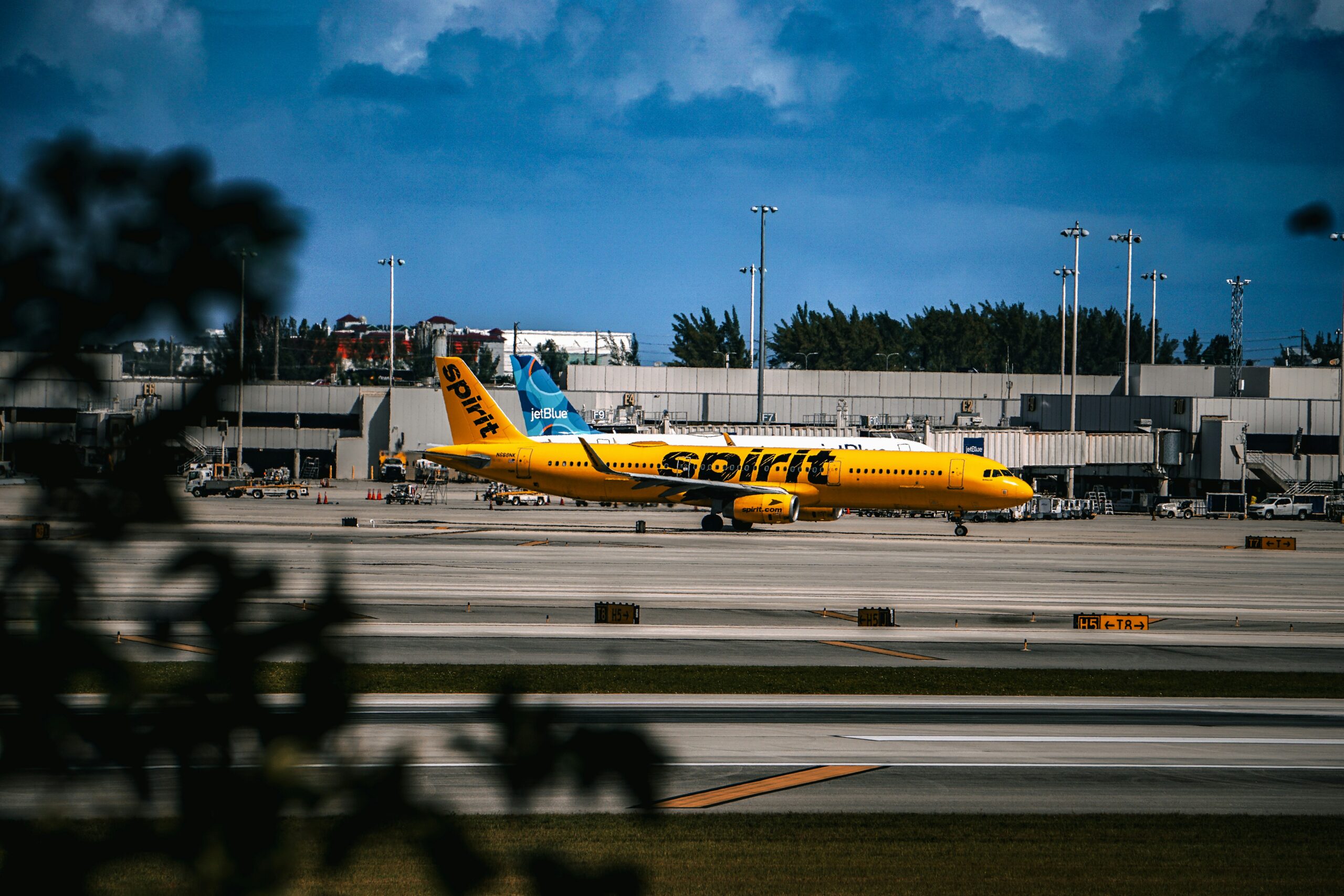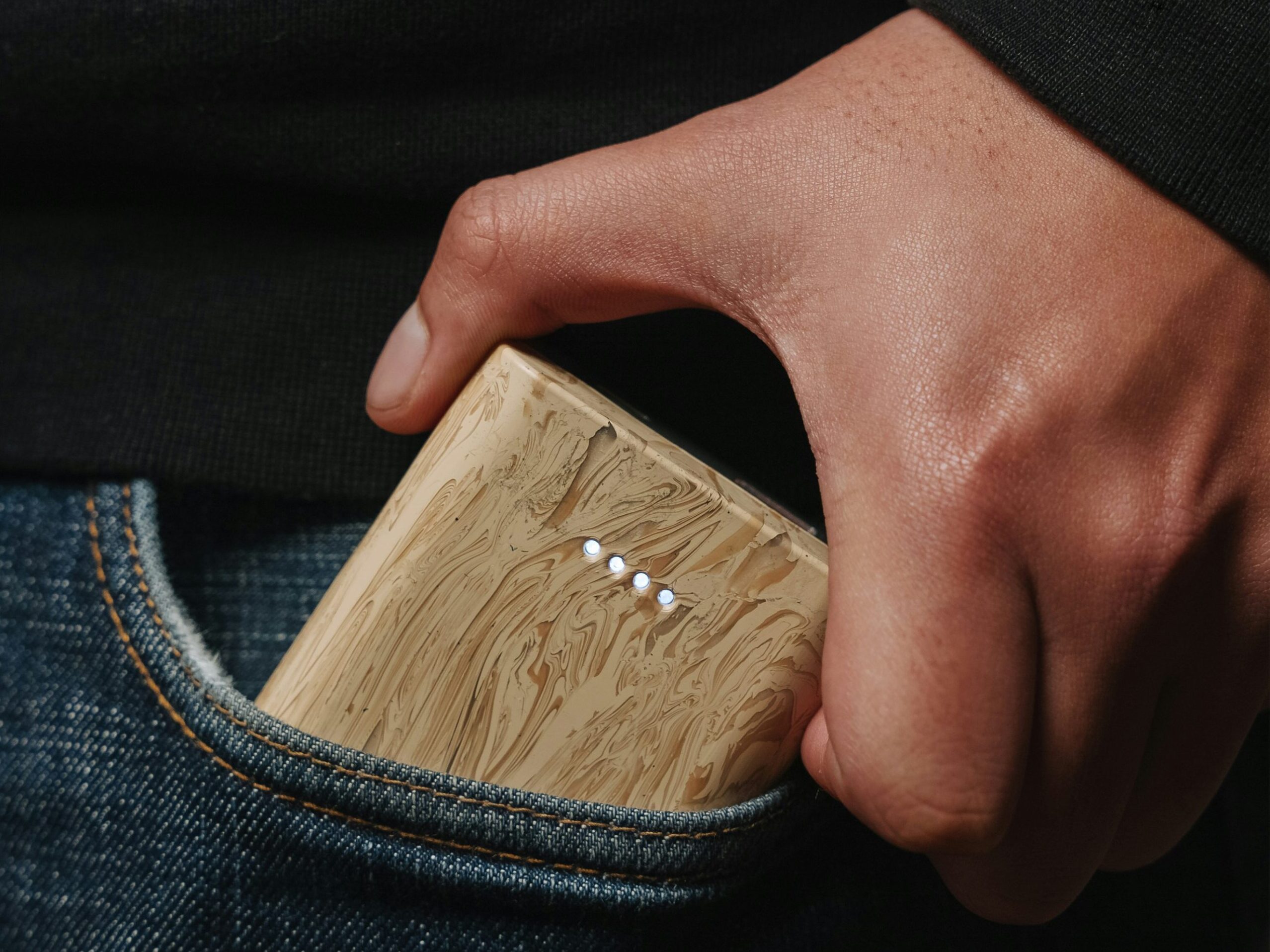These Are the Best and Worst Airlines for Wheelchair Travel in the U.S.
New data shows which U.S. airlines support wheelchair users—and which are falling short—with mishandling rates and sentiment analysis
by George Gomez
May 28, 2025
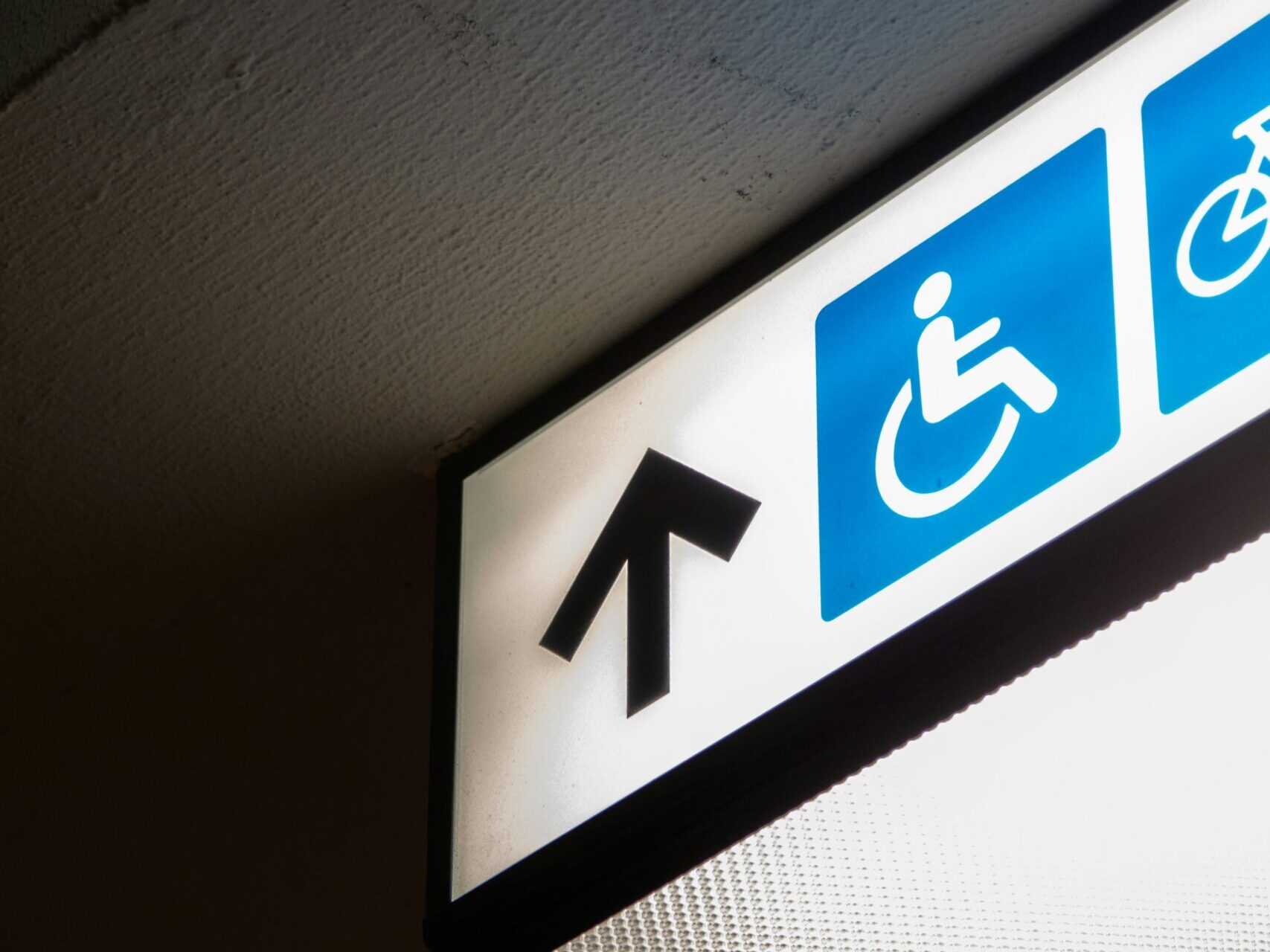
Photo: Courtesy of charlesdeluvio / Unsplash
For more than five million Americans who rely on wheelchairs, air travel is rarely seamless. In fact, it can be downright stressful. In 2024 alone, U.S. airlines boarded nearly 890,000 wheelchairs and scooters. Yet many travelers experienced broken equipment, mishandled devices, or inadequate support from airline staff.
To better understand which carriers are offering the most reliable experiences for wheelchair users, InsureMyTrip analyzed Department of Transportation (DOT) data alongside customer reviews and social media sentiment. The results are as revealing as they are troubling.
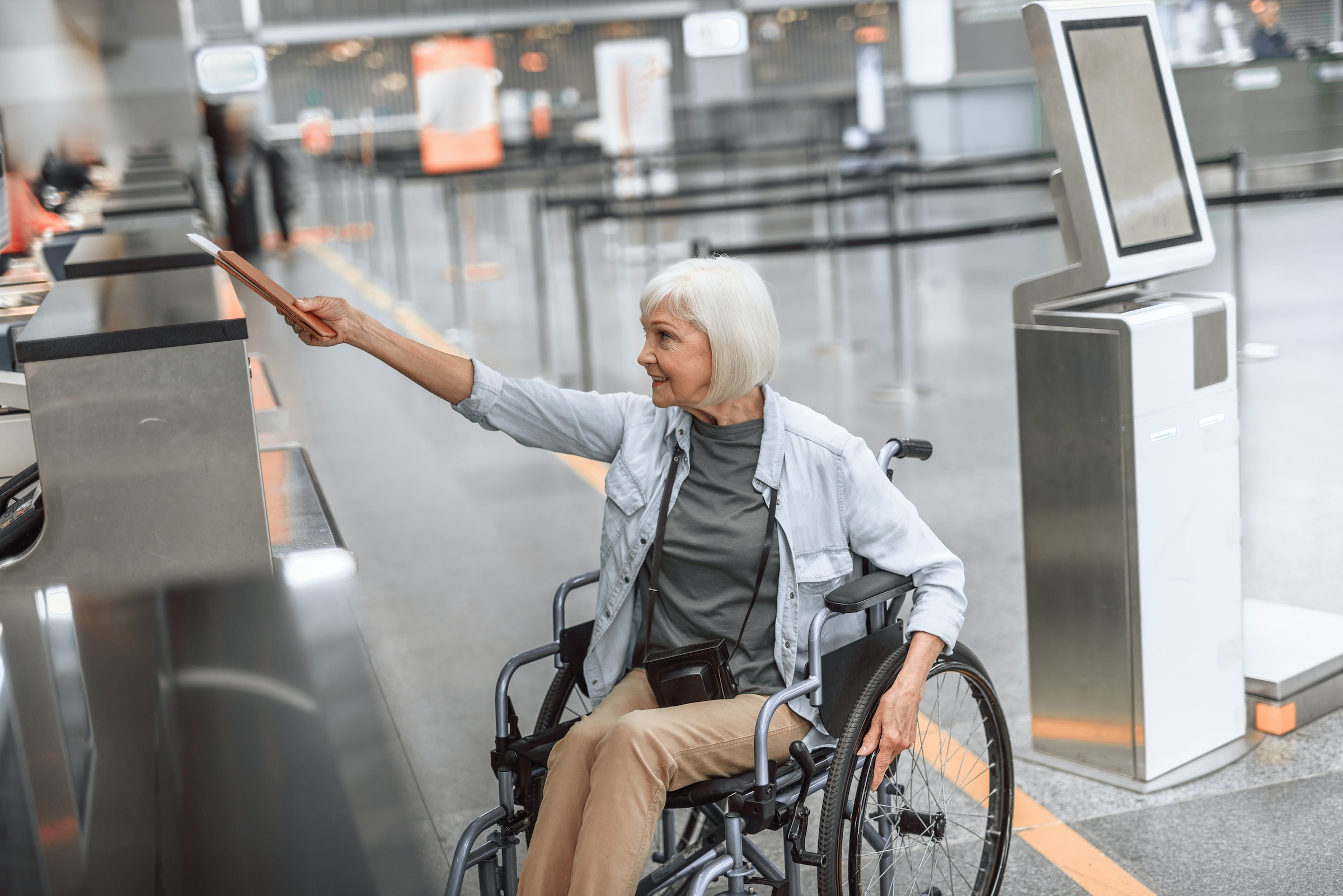
Photo: Courtesy of Getty Images
“Air travel should be accessible for everyone, but that’s far from the reality,” said Sara Boisvert, Director of Marketing at InsureMyTrip. “We hope this study shines a light on which airlines are getting it right and which have room for improvement—so wheelchair users can make an informed decision when booking a flight.”
The findings show a clear divide between airlines that approach accessibility as a core part of their customer service and those that still treat it as an afterthought.
The study analyzed data from the DOT’s Air Travel Consumer Report, focusing on 2024 statistics for mishandled wheelchairs and scooters. This was combined with sentiment analysis of online reviews and social media posts that included the term “wheelchair.” Each airline received a composite score based on min-max normalization (scaled 0–10), where 10 indicates the best performance and sentiment, and 0 the worst.
The Worst Airlines
At the bottom of the rankings is Frontier, which posted the lowest overall score—2.19 out of 10. Frontier mishandled 535 mobility devices, or 1.76 percent of the 30,448 it boarded last year. That alone would be cause for concern, but the customer experience data is even more damning: 83 percent of online sentiment was negative, and more than half of reviews mentioning “wheelchair” were rated 1 star.
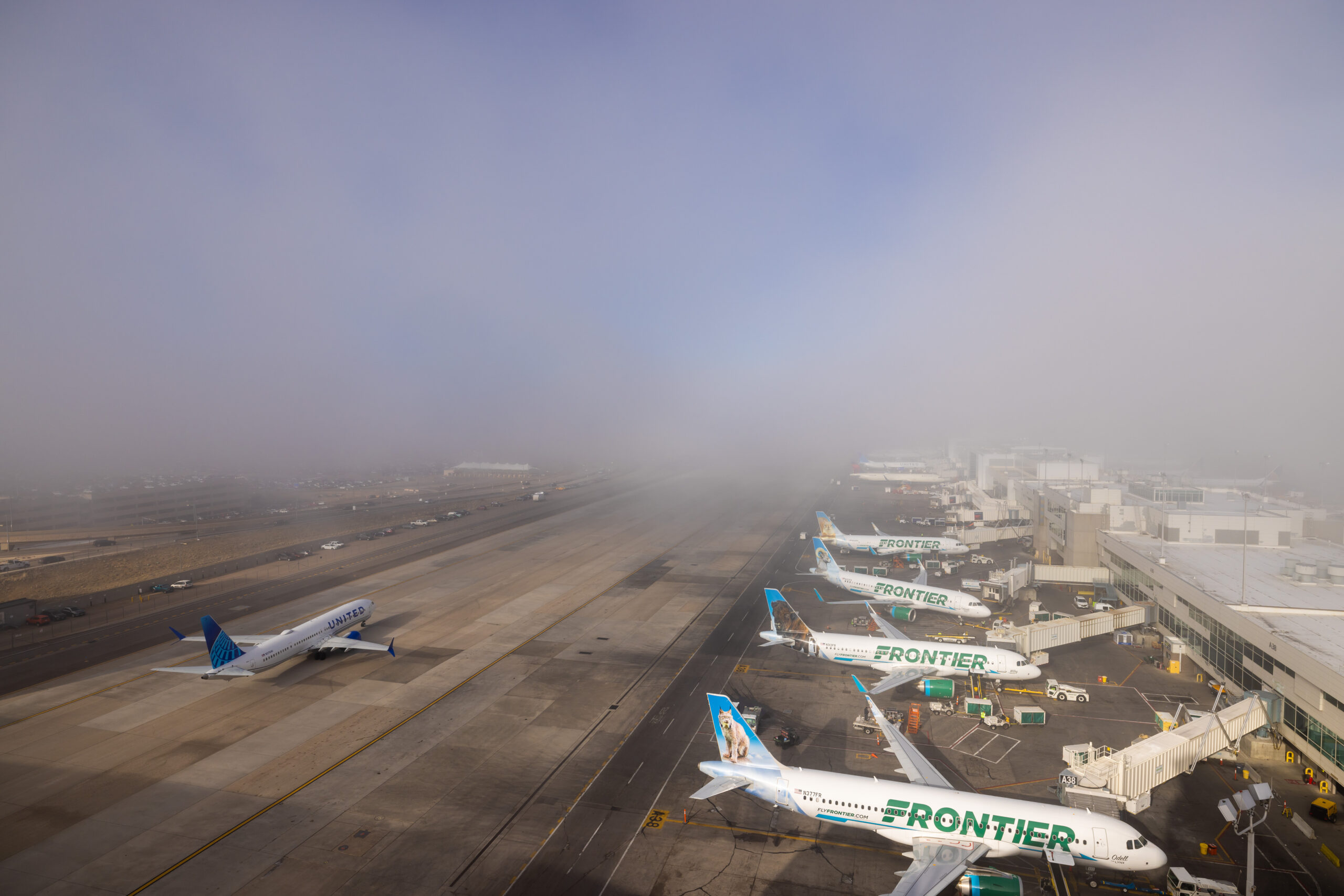
Photo: Courtesy of Denver International Airport.
American Airlines—including its regional partners—ranked just slightly higher, with an overall score of 3.25. While it mishandled 2,635 devices out of 161,287 (a rate of 1.63 percent), it also earned a 59 percent negative sentiment rating. A full 25 percent of wheelchair-related reviews were 1-star.
Despite its low-cost model, Spirit had the highest percentage of mishandled mobility devices at 2.07 percent—576. 28 percent of its wheelchair-related reviews were rated 1-star.
Allegiant Air had a better mishandling rate—0.75 percent—but fared worse in customer sentiment, with 32 percent of its wheelchair reviews earning just one star.
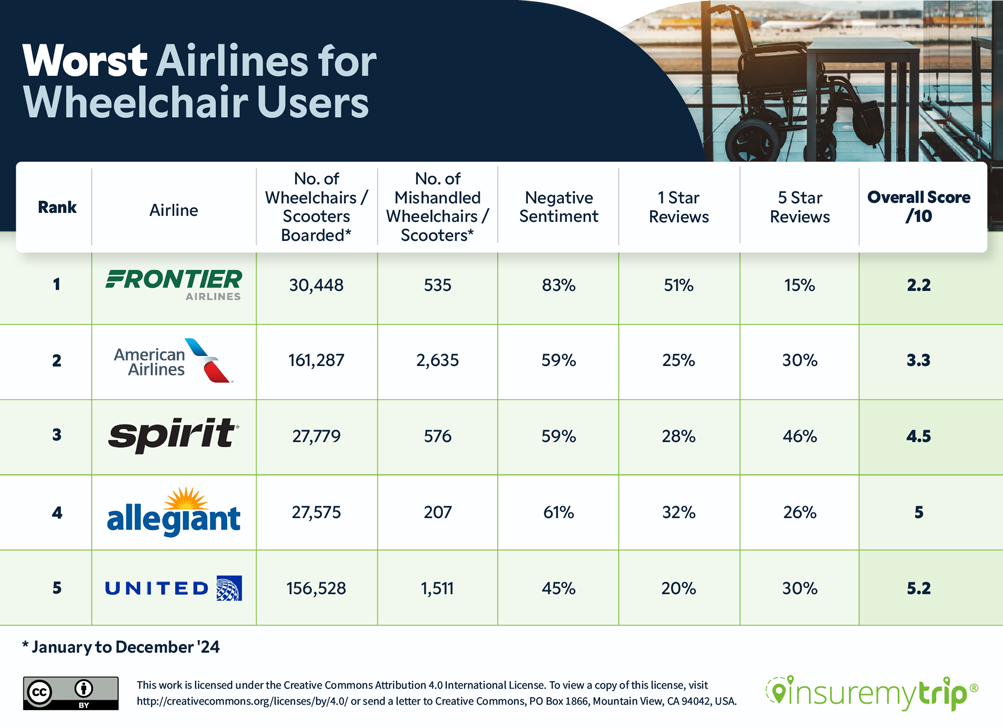
Table: Courtesy of InsureMyTrip
Rounding out the bottom five is United, with a mishandling rate of 0.97 percent (1,511 out of 156,528 devices). While this airline and its regional partners performed better than its ultra-low-cost peers operationally, its 5.22 score suggests more needs to be done to improve the travel experience for passengers with disabilities.
The Airlines Getting It Right
At the other end of the spectrum is JetBlue, which ranked first overall with a 7.44 out of 10 score. Though its mishandling rate was 1.59 percent, JetBlue earned the highest positive sentiment rating of any carrier—97 percent—and half of all wheelchair-related reviews were 5 stars.
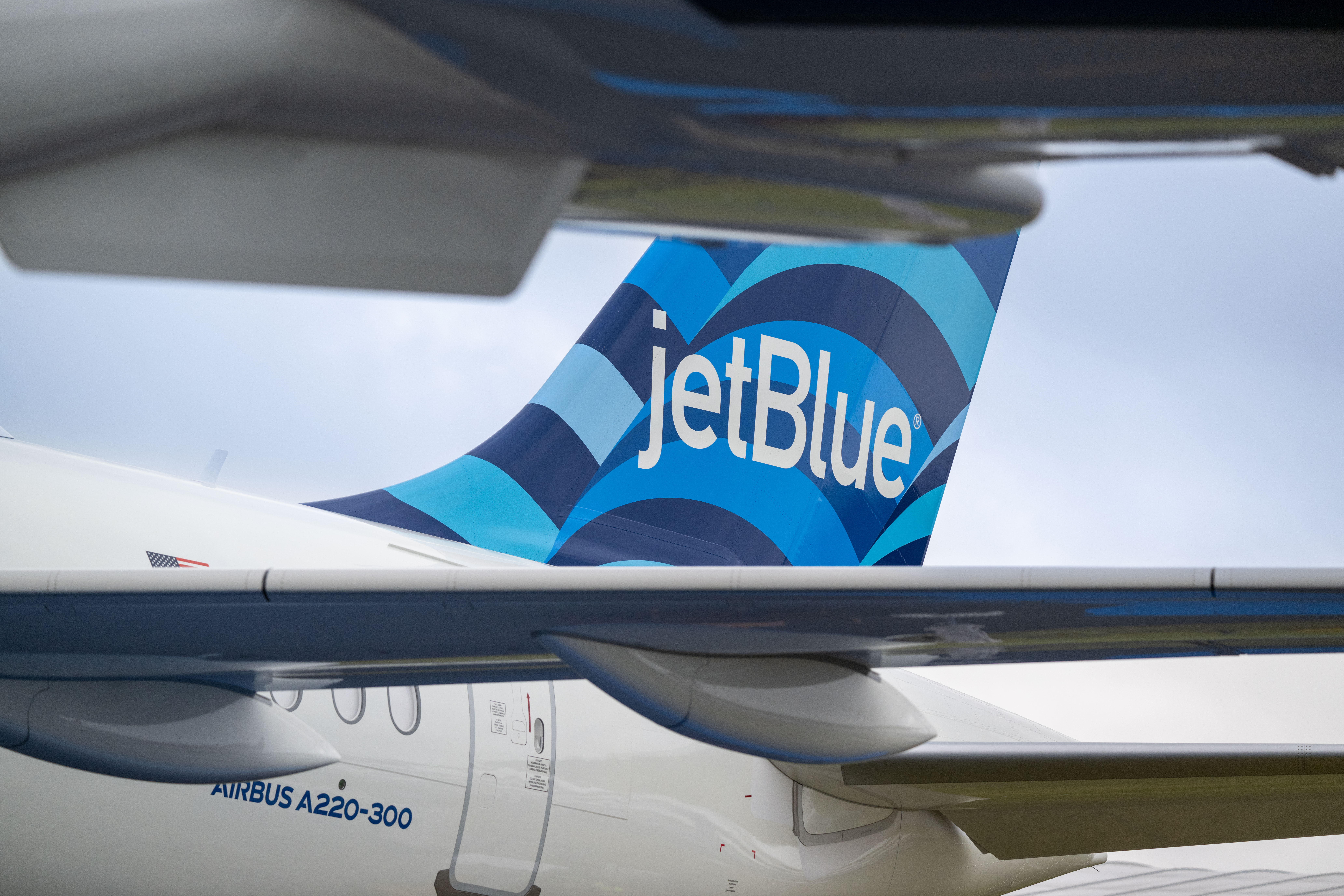
Photo: Courtesy of Airbus SAS / Alexandre Doumenjou
Delta ranked second, and it did so on the strength of performance and perception. Delta had the lowest mishandling rate in the study—just 0.63 percent, or 464 out of 155,000 boarded devices. Of 901 reviews mentioning wheelchairs, 436 were 5-star—nearly half.
In third place, Alaska Airlines mishandled 547 devices out of 35,430 (1.54 percent) and earned 58 percent positive sentiment, with 58 percent of reviews rated at 5 stars.
Hawaiian and Southwest Airlines followed closely behind. While Hawaiian had one of the lowest totals—just 156 mishandled devices out of 14,997—it also earned a 66 percent positive sentiment score and a solid 37 percent 5-star review share.
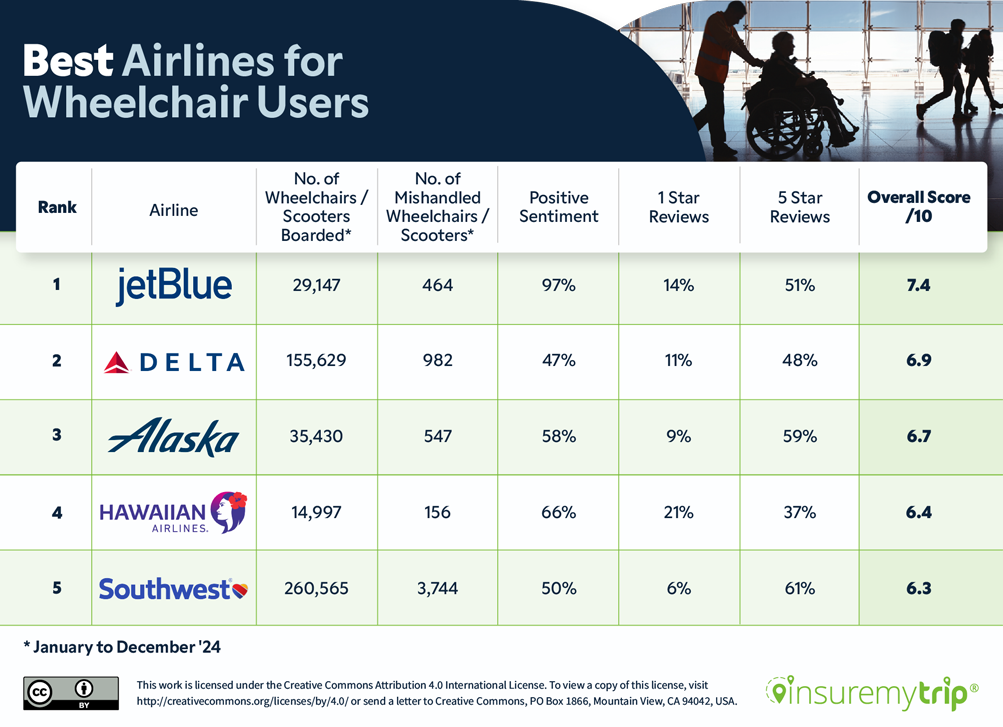
Table: Courtesy of InsureMyTrip
Southwest, notable for handling the largest number of mobility devices—260,565 in 2024—mishandled 3,744 (1.44 percent) but still maintained a 50 percent split between positive and negative sentiment and earned 61 percent 5-star wheelchair reviews.
A Crisis of Accessibility—and Accountability
The mishandling of a wheelchair is not a minor inconvenience. For many travelers, it means arriving in a new city unable to leave the airport. It means hospital visits, missed events, and days of lost mobility while waiting for a replacement. It’s a problem so severe that the DOT began requiring airlines to report wheelchair and scooter mishandling separately starting in 2019—a rare intervention underscoring the seriousness of the issue.
While mishandling rates are important, they don’t tell the full story. Customer sentiment and review analysis reveal how supported travelers feel at every touchpoint—from check-in to deplaning. Airlines that scored well in this study tend to have stronger reputations for proactive service, staff training, and handling procedures tailored to travelers with disabilities.

Photo: Courtesy of Roberto Quezada-Dardon / Unsplash
On the other hand, low-cost carriers often fail to invest in these areas, leading to not just higher mishandling rates, but a deeper sense of abandonment among their most vulnerable passengers.
The findings of this study make one thing clear: air travel remains a high-risk endeavor for wheelchair users. While some airlines—like JetBlue, Delta, and Alaska—have made visible progress, others continue to treat accessibility as an afterthought. For travelers who rely on mobility devices, the choice of airline can have serious consequences.
Accessible travel is not just about equipment—it’s about empathy, training, and accountability. Until every airline treats mobility with the same care as a carry-on bag, this remains a matter of civil rights as much as customer service.

